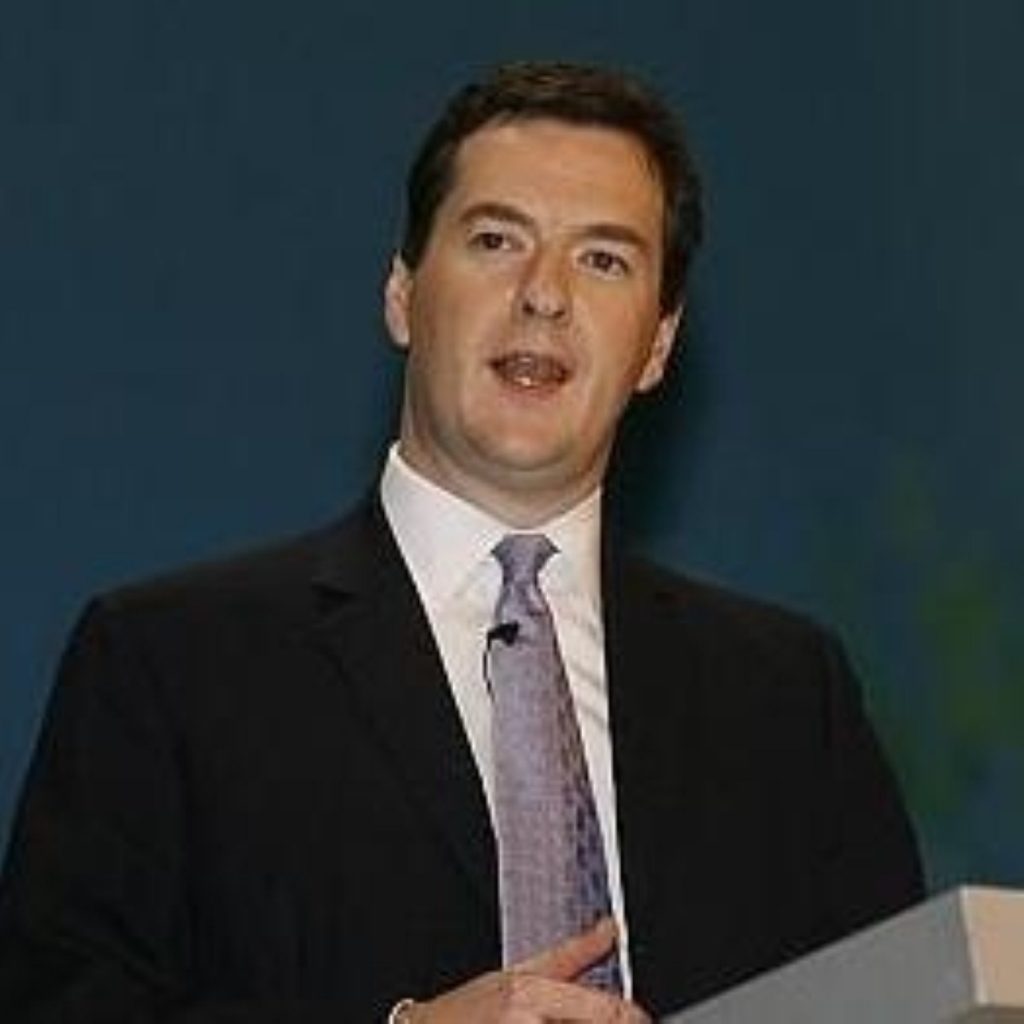Tories review plans for spending cuts in emergency-cabinet
By Alice Cannet
Shadow chancellor George Osborne is reviewing plans for an emergency two – day cabinet meeting soon after his party is elected which would bind ministers into large-scale spending cuts.
High-spending department heads would have to settle collectively on how to bring spending down, an idea which stems from Labour policies in the 1970s, according to sources close to the Guardian.
Lib Dem shadow chancellor, Vince Cable commented: “This is extremely dishonest and totally undemocratic.


“In the run-up to the next election, each party must spell out what it thinks Government should and shouldn’t spend money on, in order to balance the books,” he said.
If public debt is to be brought under control, public spending needs to be cut as much as 10 per cent until 2011, excluding health, education and international development, according to shadow health secretary Andrew Lansley.
Mr Osborne’s decisions should be “sequenced”, it was advised, so that the first year focuses on spending cuts, due to fears that interest rates will rise with higher inflation, in turn swelling the cost of public debt to the taxpayer.
Mr Cable added: “The Liberal Democrats have identified big areas which should be looked at like the affordability of public sector pensions, our nuclear deterrent and access to higher education.
“But the Tories want to slip into power in the wake of an unpopular Government without spelling out to the electorate the decisions that they would take.
“The Tories would govern based on back room deals, making a mockery of all their rhetoric on openness and transparency,” he said.
Tory business secretary Kenneth Clarke has been advocating that the party takes unpopular decisions in the first two years in office.
Mr Osborne is likely to require Cabinet ministers in departments with high spending to explain individually their departmental budgets at a ‘star chamber’.
“Non-spending” individuals, such as foreign secretary William Hague and Mr Clarke would then scrutinise the ministers’ proposals, who could appeal to the Cabinet, if unhappy with the decision.
Some shadow cabinet members have pushed for an emergency collective cabinet decision, claiming it would help relax tensions between high spending ministries, forcing everyone to agree to decisions together.
Should the Tories be elected, the shadow treasury team would hold a full emergency budget within weeks of election if it was necessary, despite hoping it could be avoided.
It is likely that Labour ministers will also change their approach to public spending in the coming months as pressure piles on them to bring borrowing down.
Yesterday, Mervyn King, the governor of the Bank of England dismissed Mr Darling’s April budget forecasts as too unambitious and called on the Treasury to act urgently.
He said: “We are confronted with a situation where the scale of deficits is truly extraordinary. This reflects the scale of the global downturn, but it also reflects the fact that we came into this crisis with fiscal policy on a path that wasn’t sustainable and a correction was needed.”
The prime minister had to admit that his government would reduce capital spending from £44bn in 2009-10 to £26bn by 2013.
Mr Brown justified the cuts saying they reflected the need to reschedule to an earlier time the planned capital spending to fight the recession.
Liam Byrne, the chief secretary to the Treasury, has also asked that a ‘value-for-money’ minister be appointed by the end of the month by each government department, indicating that Labour is looking at tougher spending controls.












